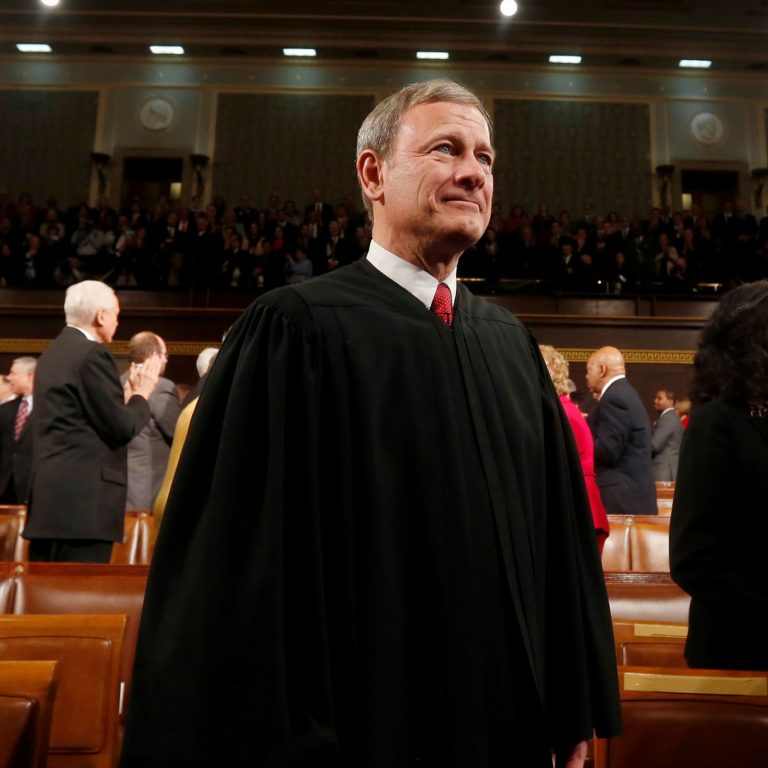2018-11-30 23:56 |
Bitcoin has been around for a decade now, and it thrives on the fact that it cannot be censored, cannot be altered, and is completely transparent.
Regulatory measures are being made around the world to determine how digital assets will be handled in their jurisdictions, but the main point of these tokens is that they should not be controlled by a single entity. Investors and shareholders are the ones that navigate the treacherous waters.
In a seemingly public effort to create a sense of security among citizens, reports have come out that the US has blacklisted two BTC addresses that could have types with cyber criminals, a big issue in the industry. The specific addresses are believed to be Iranian, but that’s hardly the point of the story. Instead, the media seems to be missing something incredibly important – there is no way to blacklist a bitcoin address.
The financial intelligence sector of the US Treasury, which is the Office of Foreign Assets Control (OFAC), is responsible for enforcing the economic sanctions against the foreign exceptions that the US government has taken on. At the moment, Iran appears to be a major target, but this is the first time that OFAC has tried to blacklist a Bitcoin address.
The agency explained,
“While OFAC routinely provides identifiers for designated persons, today’s action marks the first time OFAC is publicly attributing digital currency addresses to designated individuals. Like traditional identifiers, these digital currency addresses should assist those in the compliance and digital currency communities in identifying transactions and funds that must be blocked and investigating any connections to these addresses. As a result of today’s action, persons that engage in transactions with [these addresses] could be subject to secondary sanctions.”
Based on what the United States government has said, anyone interacting with the address poses a chance of having action taken against them as well.
However, no matter what the government tries to do in this circumstance, there’s no way to prevent any Bitcoin address from sending or receiving decentralized crypto assets. However, addresses under Ripple or EOS could end up with the blacklisting that the OFAC is trying to do.
origin »Bitcoin price in Telegram @btc_price_every_hour
Bitcoin (BTC) на Currencies.ru
|
|


















